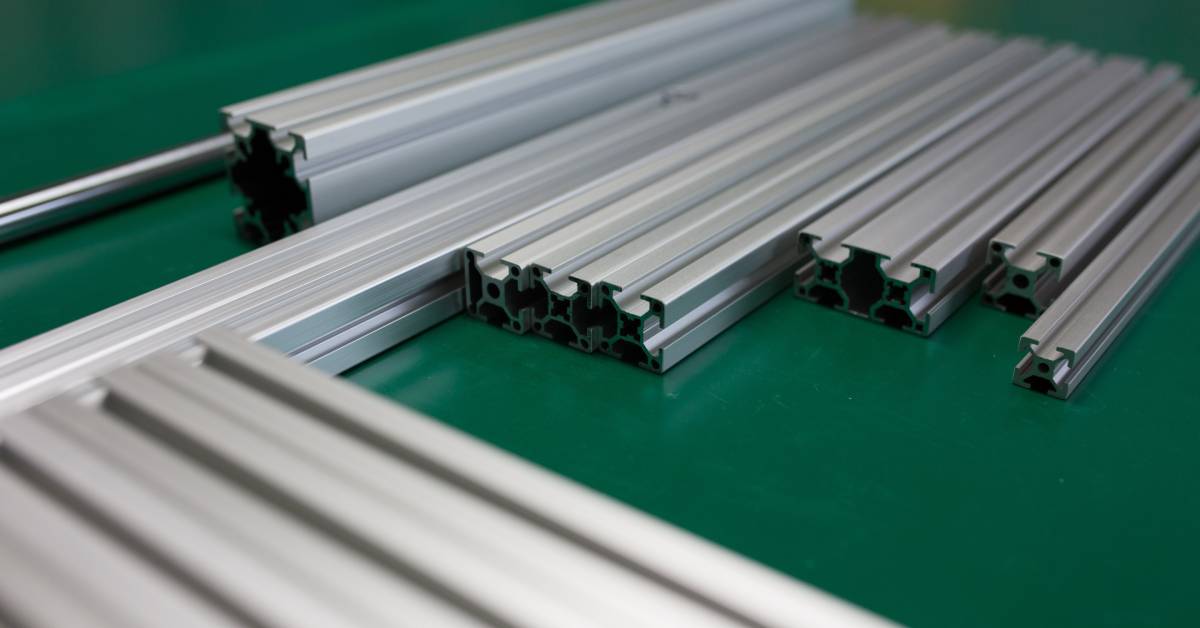
There are many benefits of using aluminum in industrial settings. Aluminum stands out from other materials because of its corrosion resistance, high conductivity, and more. Discover the unique properties aluminum offers to produce high-quality materials for manufacturers.
Aluminum is a very lightweight material, weighing about one-third as much as steel. Despite this, aluminum is still strong enough to withstand the elements. This quality allows manufacturers to create lighter products without sacrificing durability.
For instance, the automotive and aerospace industries benefit from aluminum’s lightness for their vehicles. The material allows them to make vehicles more fuel-efficient without compromising safety.
Because of its natural protective oxide coating, aluminum is highly resistant to corrosion. It lasts longer than other materials when exposed to environmental conditions.
Industries such as marine and construction benefit from using aluminum because of its durability. It reduces maintenance costs and prolongs the lifespan of structures and vehicles.
Aluminum is an excellent thermal and electrical conductor for technical industries. It works well as a structure for heat exchangers and electrical wiring. This provides an efficient and cost-effective alternative in electrical and thermal applications.
Aluminum is 100 percent recyclable, so manufacturers can continue to use it sustainably. It also requires minimal energy during the recycling process, which lowers utility costs. Aluminum is a useful resource for companies looking to implement eco-friendly practices and abide by regional standards.
Many materials are difficult to customize because of their properties. Aluminum, on the other hand, is a highly malleable metal for customization. It is easy to cut, shape, and form to create complex and innovative designs.
Industries that require unique shapes for their structures can satisfy their requirements using custom aluminum fabrication.
Despite its many advantages, aluminum is still cost-effective compared to other materials. Its structure is simple to craft, and manufacturers can easily attain aluminum parts in large quantities.
Manufacturers also use aluminum to minimize production costs. Because of its long-term benefits, aluminum doesn’t create material waste, and it enhances product performance. Companies can mitigate defects by using versatile aluminum components.
Industries strive to use high-quality, durable materials that provide sustainable solutions. Manufacturers can leverage aluminum’s unique properties to stay ahead in a competitive market and cater to modern demands. Incorporate a cost-effective and low-maintenance alternative to your materials by integrating aluminum into your production lines.